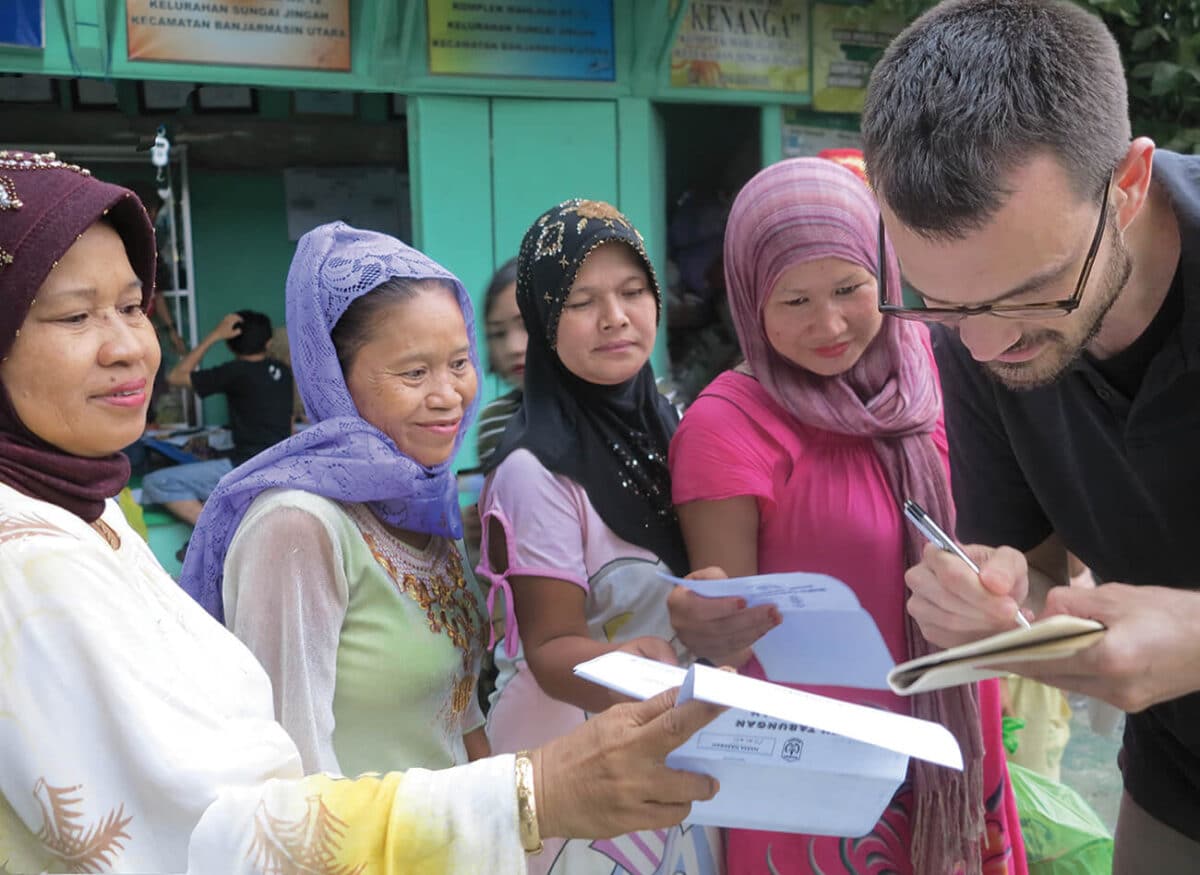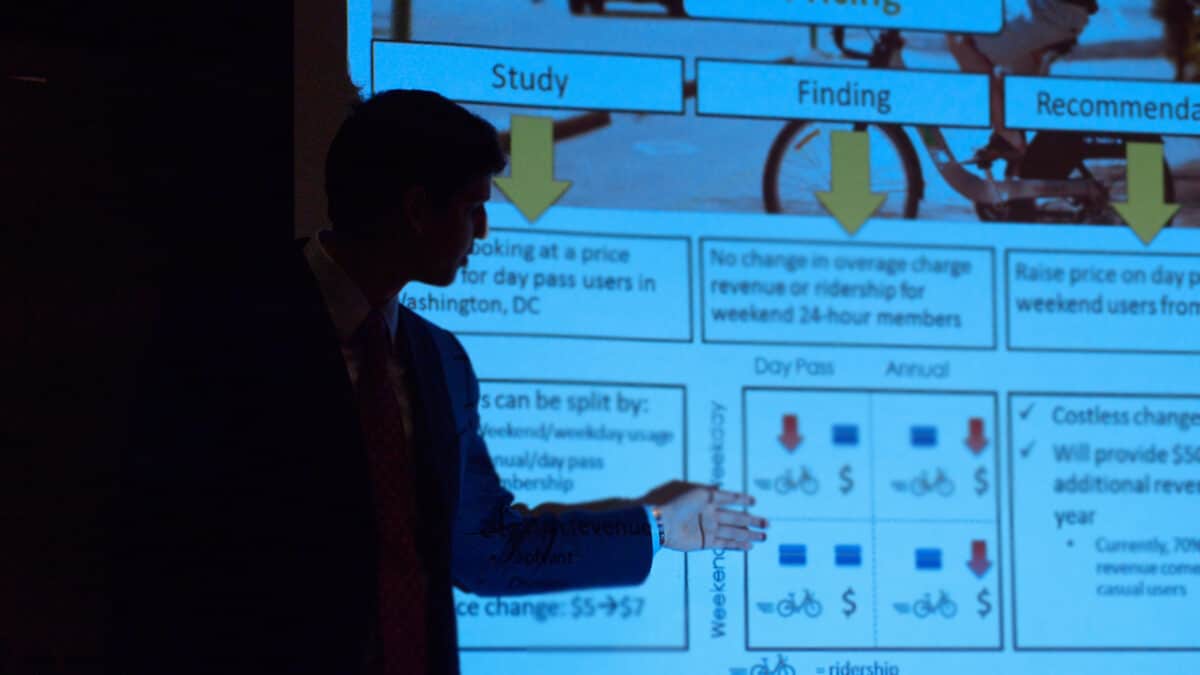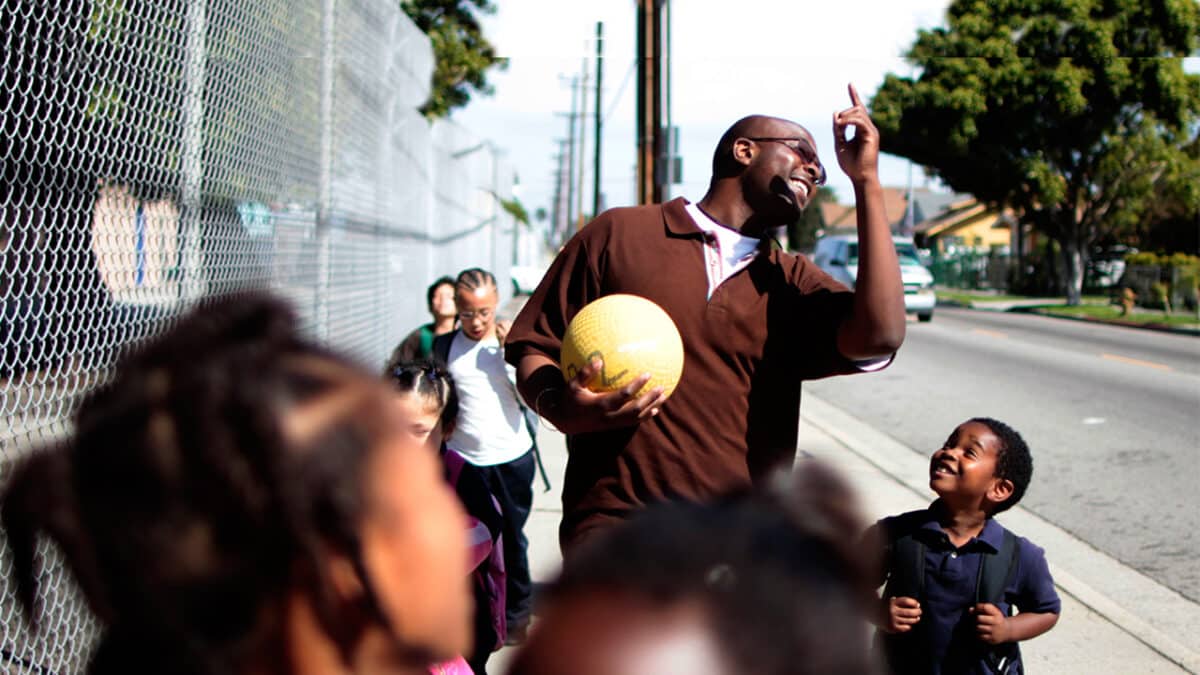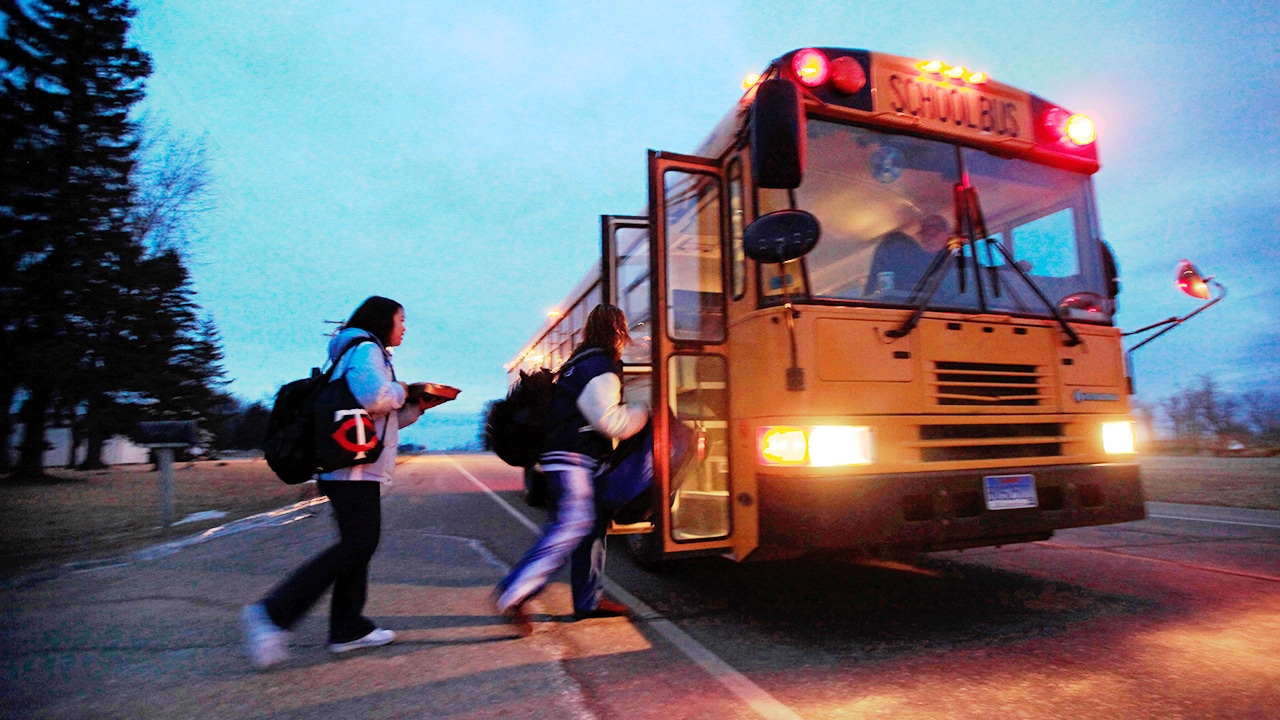
Education, Training and Labor
How are technological innovation, globalization, and other factors changing how we educate and train people? Can closing opportunity gaps lead to academic excellence and a stronger labor force?
Latest Article

Older workers are left behind by today’s job market. They need a safety net.
If nothing is done to address layoffs amongst older workers, the US could be facing a future of increased poverty among adults as they are about to enter retirement age.Explore all Articles
filter by–Region
filter by–Country
search by–Keyword

Education as a Diplomatic Tool: Bridging U.S.-China Divides for a Collaborative Future
01.17.25
“Unlike political agreements often marked by contention and short-term interests, education and research transcend borders, driven by collaboration and a shared pursuit of progress. By viewing education exchanges as strategic platforms for cultivating long-term relationships and mutual respect, the U.S. and China can foster cooperation and build deeper, more enduring bonds of trust.”

Disrupting the Supreme Court Decision: How Universities Can Increase Diversity in a Post Affirmative Action Climate
01.16.25
“The fallout from the U.S. Supreme Court’s affirmative action ban drastically decreased enrollment opportunities for Students of Color and changed the landscape of higher education… If top schools hope to promote inclusion and mitigate the effects of the affirmative action ban, they should widen the transfer pipeline by adjusting their recruitment efforts, admitting more students from two-year community colleges, as well as evaluating internal perceptions of transfer students.”

Bankrolling Change in Massachusetts Schools: A Pathway to LGBTQ+ Inclusion
04.29.24
Blue states like Massachusetts are particularly well-positioned to lead the charge in applying innovative and intensive strategies to protect, support, and nurture queer and marginalized youth.

Making a Case for the Right to Preschool
04.23.24
High-quality early childhood education has life-long academic, developmental, and social impacts, but access to early childhood education differs substantially for children from different backgrounds. This disparity poses a complex issue: do children have a right to publicly funded preschool?

Early Childhood Education Potential Is Still Highly Untapped
04.23.24
Awareness about the importance of the early years is increasingly known worldwide, but effective system-level implementation is lacking. In order to ensure access to quality early childhood education for the most vulnerable children, effective structures, evidence, and political buy-in are essential.
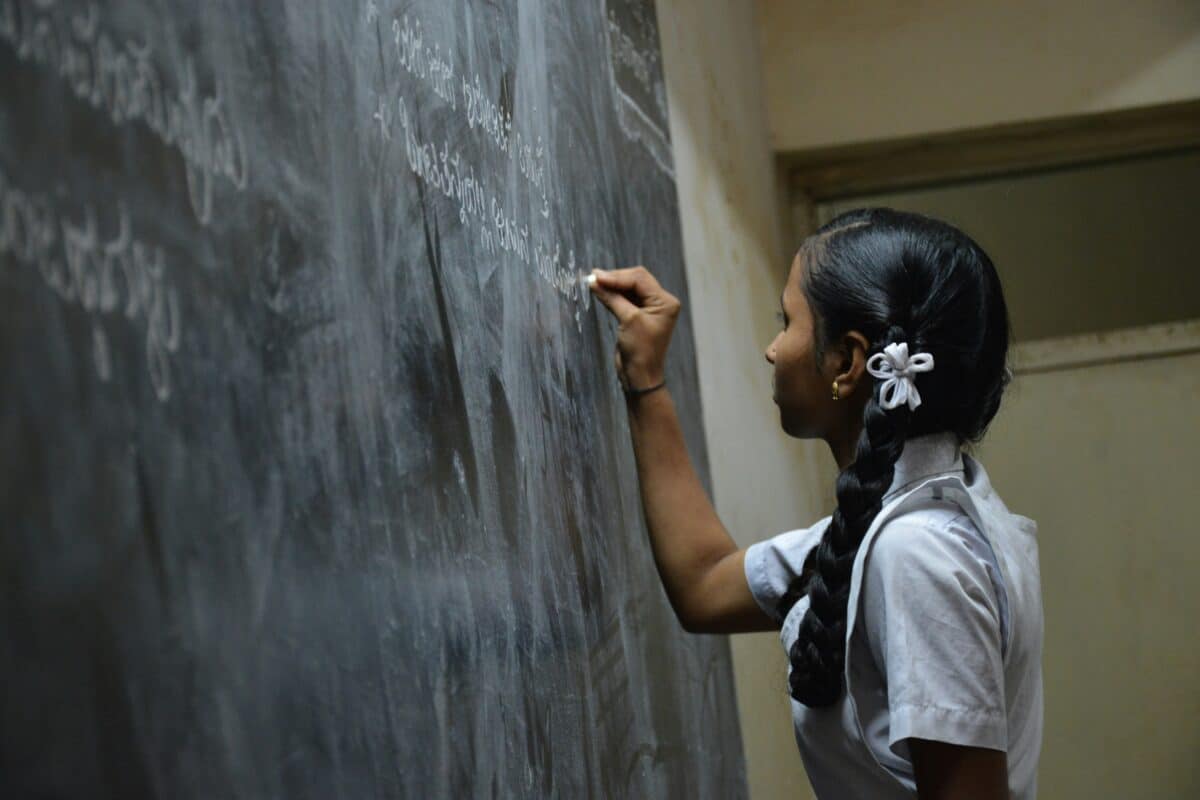
The Capacity Building Imperative to Improve India’s Public Education
04.4.24
With evolving workforce demands, the expectations from India’s education systems have expanded beyond achieving universal enrollment and basic literacy and numeracy. It now needs to equip students with 21st-century skills.
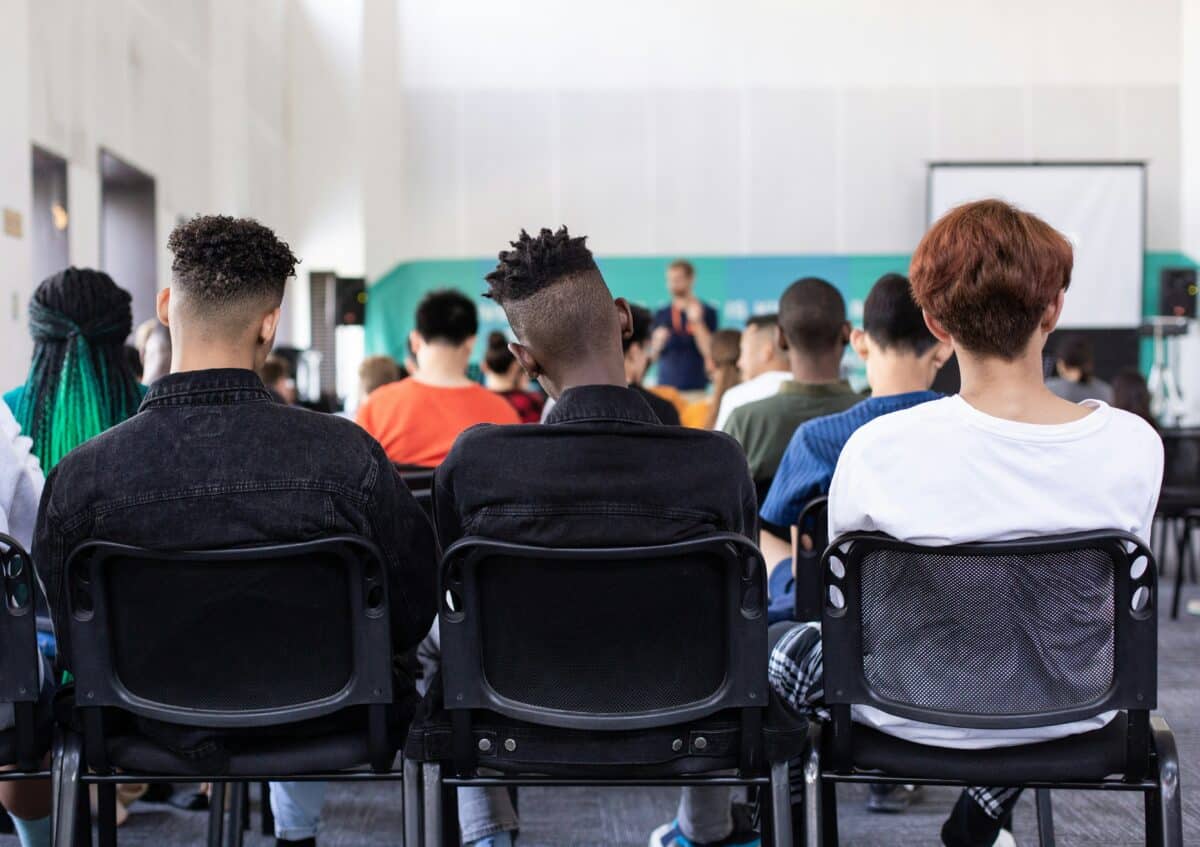
Reproductive Rights Extend to Sexual Education As Well
03.25.24
Comprehensive sexual education empowers youth to exercise their sexual rights and allows for safer sexual practices in the future.

Inclusive Education for a More Compassionate Future
01.24.24
In a country celebrated for being a melting pot, our public school curriculum should be racially, ethnically, and culturally inclusive.

Asian Critical Race Theory and Culturally Sustaining Pedagogies: Frameworks for Implementing Asian Ethnic Studies in PK-12 Education
04.26.23
Under the structures of white supremacy, the pandemic has unveiled the dehumanization of Asian folks in the US. For many of us who are members of Asian communities, these lived realities have existed since the arrival of Chinese laborers in the 1850s.[i] We went from “dog eaters” to “bat eaters”;[ii] we exist dually as model minorities and perpetual foreigners;[iii] we’re seen as apolitical, non-combative, and submissive, yet also as the threatening yellow peril;[iv] we’re fetishized yet desexualized;[v] weaponized to perpetuate anti-Blackness;[vi] and the list goes on.

Towards a Study of Citizenship Education Among Non-Citizens: The Case of Palestinians in East Jerusalem
03.31.23
The distinctive characteristics of East Jerusalem, both as a geographical and political space, constitute a gap in scholarship that calls for further research.
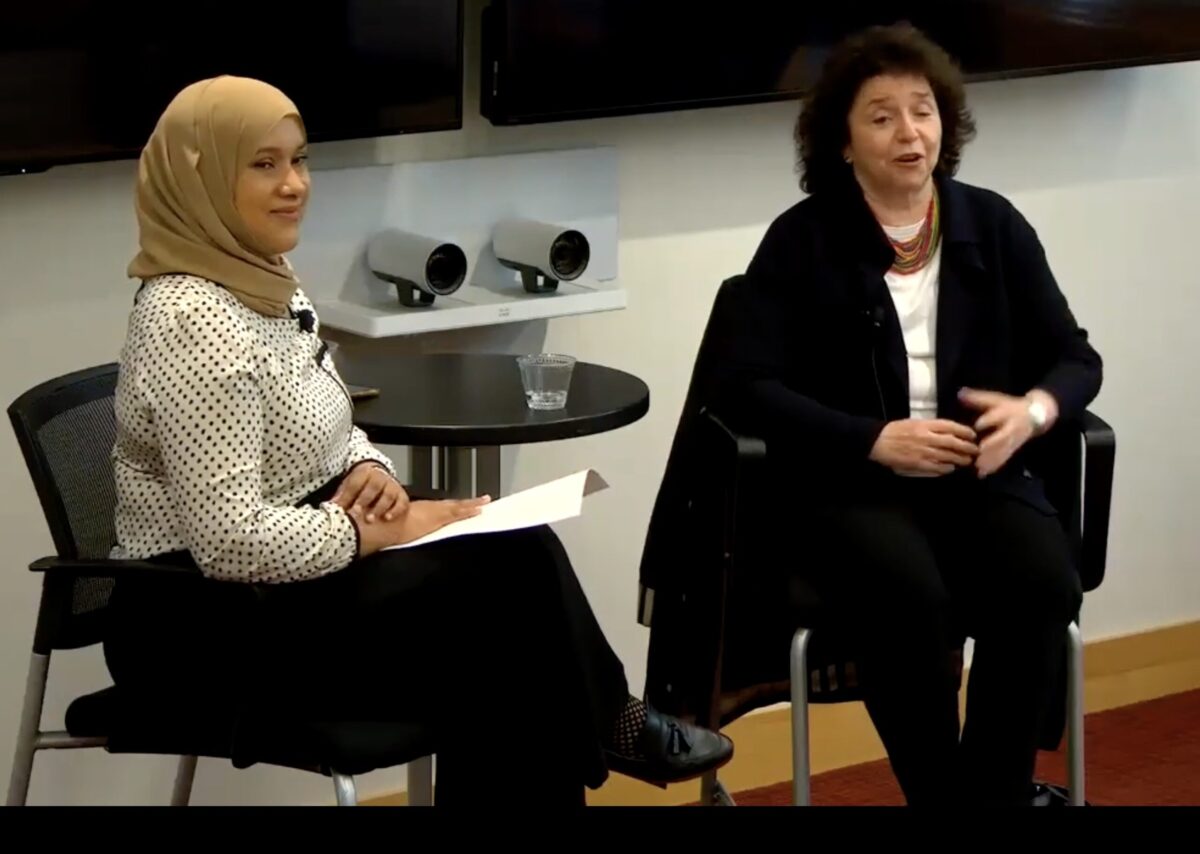
South Africa needs massive social investment to address development challenges
11.16.22
South Africa needs massive social investment in education and basic infrastructure if the country is to address its current development challenges. The Executive Director, Center for Development and Enterprise, South Africa, Ann Bernstein, stated this during the Growth Lab Development Talks at the Harvard Kennedy School. The theme of her talk was “The Role of […]

Reasons to Doubt the “End of Streaming” in Singapore
07.1.22
Will the introduction of Full Subject-Based Banding (FSBB) eliminate streaming in Singaporean schools? Cameron Kheng argues that the policy does not succeed in doing so, risking many of the same inequalities that a system of streaming had been criticized for perpetuating. He identifies ways to improve FSBB, reflecting on how to push the policy beyond its underlying logic of economic pragmatism.
